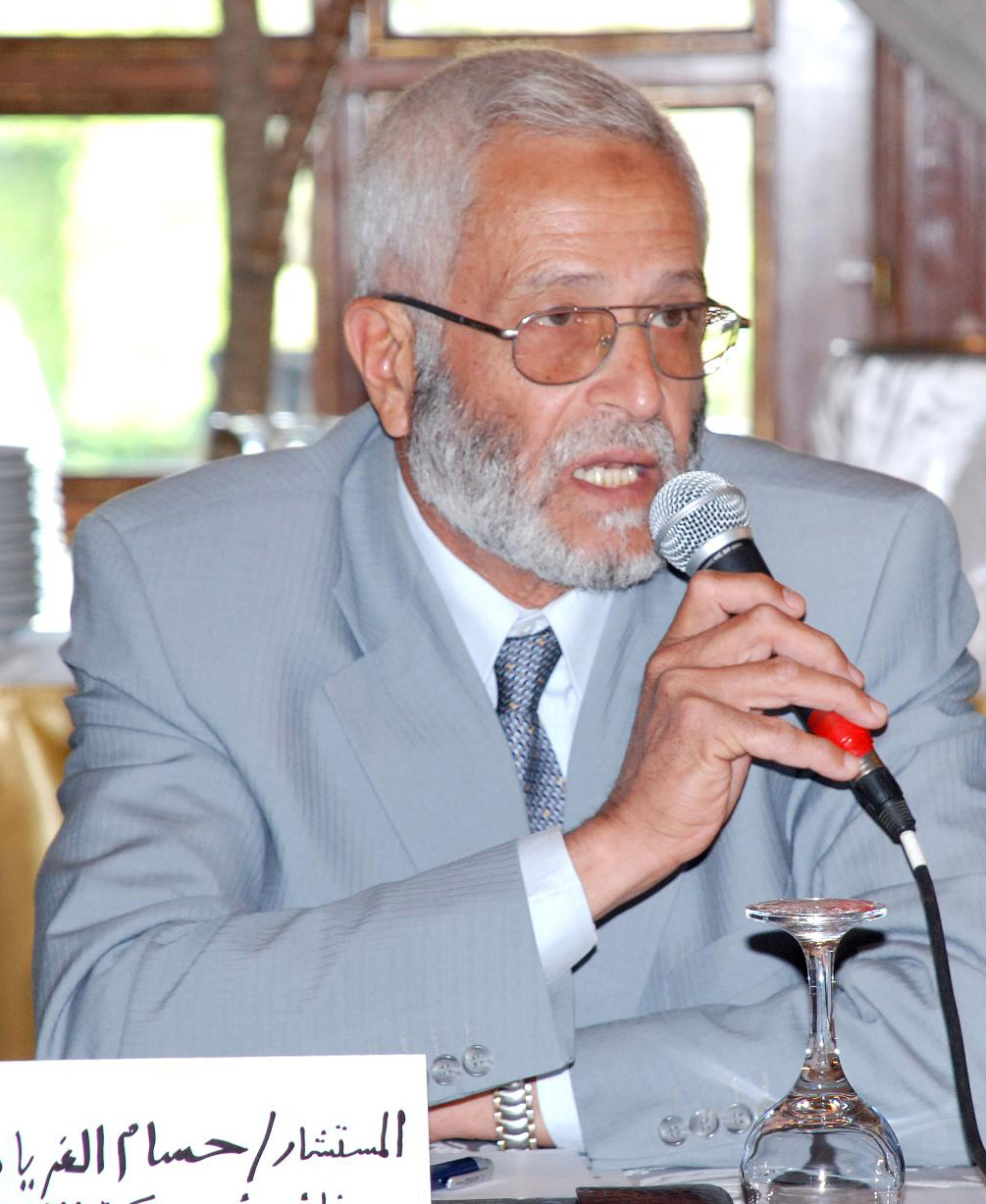CAIRO: Amid the lavish whirl of fog machines, banquet tables and laser lights staged by Egyptian carmaker Ghabbour Auto on Wednesday night, the message was plain: Roaring inflation and a tumbling stock market have yet to fade their rosy outlook.
“Lots of foreign investors ask me how I sell cars here, because people want to eat and send their kids to school first, Raouf Ghabbour, the car firm’s CEO, told reporters at the press conference. He is surprised to hear this, he said, as his company has often had trouble meeting swiftly-rising demand here.
Ghabbour Auto hosted the conference to announce the launch of a new line of Volvo buses, part of their partnership with Brazilian manufacturer Marcopolo.
Apart from flashing lights and thumping bass, company officials offered plenty displays of confidence. Ghabbour shrugged off inflation worries in an interview with Reuters, and said that new traffic laws passed earlier this year should bolster revenues further, by easing licensing for tuk-tuk – a common three-wheel vehicle – and halting the renewal of licenses for taxis older than 20 years, thus forcing owners to replace them.
Ghabbour Auto announced its partnership with Marcopolo in June, marking the first large joint venture between major Egyptian and Brazilian firms. Valued at $70 million, the deal established a factory in the Suez Red Sea-area, with 51 percent owned by a subsidiary of Ghabbour Auto and the remaining 49 percent by Marcopolo.
According to Ghabbour Auto information, the factory will open in 2009 and should make 1,500 buses in its first year, with production eventually scaling up to 8,000 by 2014.
Ghabbour Auto already has a dominant market share in Egypt, quoted at above 30 percent. Now, Ghabbour said, they are looking to grow. “As Ghabbour, if we looked at just Egypt, we would not have joined Marcopolo, he said.
Analysts credit recent demand for passenger cars and other vehicles in Egypt to low saturation – Egypt has only 20 cars per 1,000 people, according to industry figures, whereas most developed nations have close to 500 – and a dearth of stable public transport, particularly to the booming satellite towns of Sixth of October City and New Cairo.
Experts expect sales to top 230,000 cars here this year.
Ghabbour Auto profits ran to LE 237.2 million in the first half of 2008, as car sales rocketed. Despite inflation, which rose to a 16-year-peak of 23.1 percent in July, Ghabbour told Reuters that he expected the auto industry to continue growing above 20 percent annually, even if this is slightly lower than the 30 percent rates it has maintained recently.
Shares of Ghabbour Auto traded for LE 44.3 at closing time yesterday, down 1.01 percent, and nearly 40 percent from its 52-week high of LE 70 per share, which was chalked in late March.

